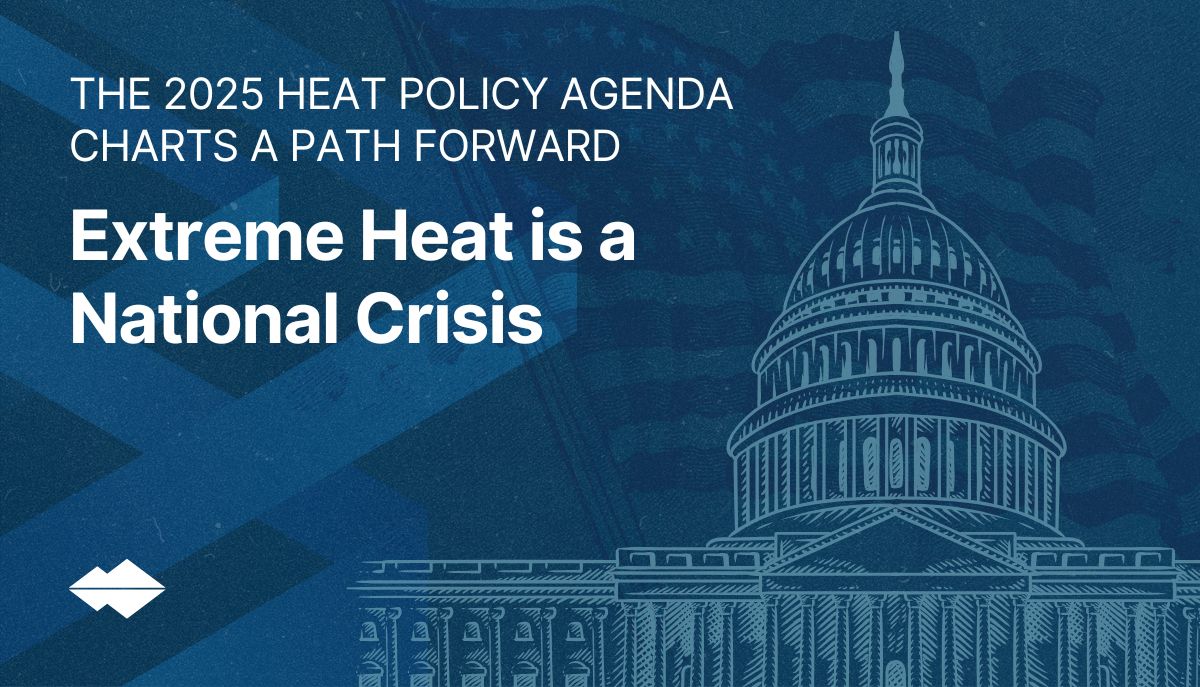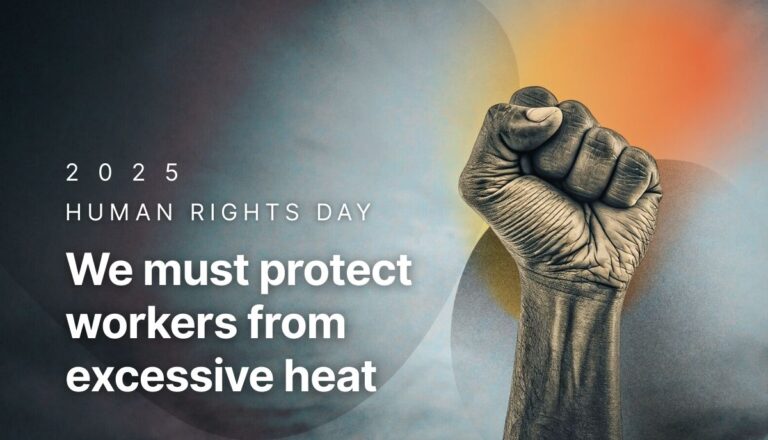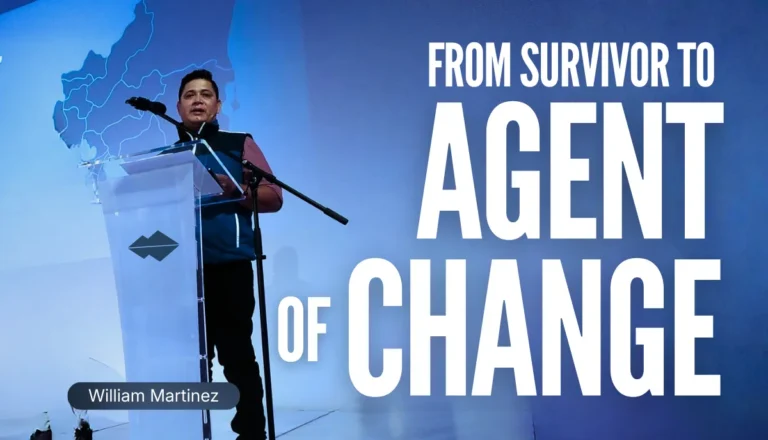2024 was officially the hottest year on record, and all signs point to another year of intensifying heat waves across the United States. From Arizona to Maine, extreme heat is no longer confined to traditionally hot regions—it is now a nationwide crisis. The effects are far-reaching: more heat-related deaths than hurricanes, floods, and tornadoes combined, power grids pushed to the brink, and billions in economic losses.
Yet, federal policy has failed to address extreme heat as the escalating disaster that it is. That’s why La Isla Network has joined over 50 organizations in supporting the 2025 Heat Policy Agenda, an actionable plan for the incoming administration and Congress to protect lives, infrastructure, and the economy from extreme heat.
Today, alongside the Federation of American Scientists (FAS) and a broad coalition of labor, health, industry, and environmental organizations, we are calling for decisive federal action on heat resilience. The stakes are too high for inaction.
Why the 2025 Heat Policy Agenda Matters
The 2025 Heat Policy Agenda outlines clear, science-based solutions that can be implemented immediately to build resilience against extreme heat. These policy recommendations target public health, energy infrastructure, workforce safety, and disaster preparedness.
Key provisions include:
- Classifying extreme heat as a “major disaster” under the Stafford Act, unlocking federal relief funds during heat waves.
- Creating a federal governance structure to coordinate extreme heat response across agencies.
- Expanding critical federal programs that support home cooling, infrastructure resilience, and disaster preparedness.
- Investing in green infrastructure, including urban forestry, cool roofs, and reflective pavements, to mitigate rising temperatures.
- Protecting workers from heat stress, ensuring industries adopt science-backed prevention measures.
The cost of inaction is staggering. Extreme heat already costs the U.S. more than $160 billion annually in health-related expenses, lost productivity, and infrastructure strain. Without urgent intervention, these costs will continue to rise.
A National Crisis That Demands a Federal Response
The federal government has long treated heat as a local problem, leaving cities and states to address rising temperatures on their own. But extreme heat knows no borders. From rural farming communities to densely populated cities, the impacts of extreme heat are being felt across all 50 states.
More than 10% of American households report struggling to keep their homes at a safe temperature due to energy costs. Power grids are failing under record-high demand for air conditioning, and workers—especially in agriculture, construction, and warehousing—are suffering from increasing rates of heat-related illness and injury.
The 2025 Heat Policy Agenda provides a roadmap for federal leadership, calling on the Trump administration and Congress to take action within the first 100 days of 2025.
La Isla Network’s Commitment to Heat Resilience
At La Isla Network, we have spent years researching and developing data-driven solutions to prevent heat stress and protect workers. We’ve seen firsthand how extreme heat affects productivity, workforce health, and long-term economic stability. Our work has demonstrated that heat-related illness is preventable—but only if policymakers implement the right interventions.
As CEO Jason Glaser emphasized in today’s announcement:
“No occupational exposure is more urgent to address than heat stress. Our decades-long work preventing heat stress shows that reducing harm and improving workforce health is not only possible but profitable. This is a win-win scenario, and we must emulate these results at work sites worldwide.”
By supporting the 2025 Heat Policy Agenda, La Isla Network is advocating for the systemic changes needed to protect the nation’s workforce and communities from extreme heat.
The Time for Action is Now
Extreme heat is a public health emergency. It is an economic risk. It is an infrastructure crisis. And without urgent federal intervention, it will only get worse.
The 2025 Heat Policy Agenda is a bipartisan, science-based plan that lays out clear steps the government can take right now to address this crisis. The solutions are here—we just need the political will to act.
La Isla Network stands with our coalition partners in demanding federal leadership on heat resilience. Join us in urging policymakers to prioritize this agenda and take decisive action before another deadly heat season arrives.
To read more about the 2025 Heat Policy Agenda, check out the full press release below.
La Isla Network is an occupational health research and advisory nonprofit dedicated to ending heat-related illnesses among workers and their communities worldwide. We develop and implement data-driven worker protection and management assessment protocols to improve the resiliency of workforces and businesses to heat stress. Our work is backed by best-in-class researchers, industry leaders and government and multilateral institutions like the ILO. For more information please use our contact form.




